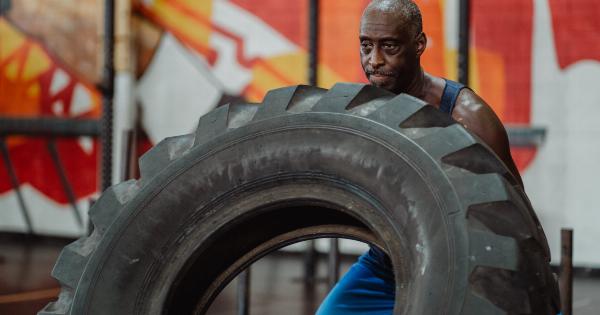Pediatric physiotherapy is a specialized branch of physiotherapy that focuses on providing age-appropriate care to children. It aims to aid kids in developing the necessary skills that they require to function in day to day life.
The therapy encompasses a range of services that therapists can provide to children. Pediatric physiotherapy is an essential part of any child’s overall healthcare plan.
Benefits of Pediatric Physiotherapy
Here are some of the key benefits of pediatric physiotherapy.
1. Pain Reduction and Management
Children who undergo pediatric physiotherapy can experience a reduction in pain. The therapist can suggest various exercises that can help the child alleviate pain and manage it.
This is especially beneficial for children who suffer from chronic pain or have undergone surgery.
2. Improved Motor Skills
Physical limitations can make it difficult for children to carry out basic day to day activities. Pediatric physiotherapy can help improve children’s strength, balance, and coordination, which can, in turn, assist in motor skill development.
Therapists work on fine and gross motor skills, which can help children achieve age-appropriate development milestones.
3. Enhance Flexibility
Pediatric physiotherapy can enhance a child’s flexibility and range of motion. This can be beneficial to kids who experience symptoms associated with growing pains, posture issues, or certain neurological conditions.
4. Efficient Breathing and Cardiovascular Endurance
Some children may have difficulty breathing or have a limited capacity to breathe. Pediatric physiotherapy helps improve a child’s breathing patterns, giving them a more efficient exchange of oxygen and carbon dioxide in their lungs.
With time, this improves cardiovascular endurance in children, reduces fatigue, and helps them participate in activities that they couldn’t before.
5. Correction of Developmental Delays
Some children may experience delays in their growth and development milestones. Pediatric physiotherapy helps identify these delays through an initial assessment and the development of an individualized treatment plan.
The treatment plan is tailored according to the child’s needs and aims to accelerate growth and development.
6. Helps Create Confidence
Children who undergo pediatric physiotherapy often become more confident in their abilities. As they become more independent, they gain confidence and experience fewer limitations in their daily activities.
This can help them feel more included and increase their self-esteem, which is essential in the development of a child’s overall personality.
7. Helps in Preventing Injuries
Pediatric physiotherapy can help prevent injuries by strengthening muscles that improve balance and stability, which are essential in preventing trips and falls.
Additionally, it helps identify potential risk factors that may result in injury, such as posture issues, and can assist in correcting them before they become a problem. Also, it helps to teach kids how to perform activities with correct form and technique, which can go a long way in preventing injury.
8. Provides Emotional Support
Pediatric physiotherapy provides emotional support to kids and their families. Therapists provide a safe space for children to express themselves, which can help them cope better with their health issues.
Therapists also provide families with valuable information on how to care for their children’s specific needs, which can provide an enormous sense of relief.
9. Tailored Treatment Plans
Pediatric physiotherapy provides treatment plans that are carefully tailored to meet the individual needs of the child.
These treatment plans are developed after the therapist understands the child’s specific medical history and current physical limitations. Thus, each child gets a personalized plan that helps to optimize their outcomes and enhance their quality of life.
10. Enhances Overall Quality of Life
Finally, pediatric physiotherapy improves a child’s overall quality of life by effectively addressing underlying health issues from an early age.
It helps in reducing pain and managing symptoms, developing practical skills and abilities, and creating a sense of self-confidence in kids as they progress through their treatment. In addition, it helps them gain greater independence, better social integration, and an overall healthier and more active lifestyle.
Conclusion
Pediatric physiotherapy is a crucial healthcare service that provides children with the necessary skills that they require to lead fulfilling lives.
It helps them to develop age-appropriate practical skills, build confidence, reduce pain, and even prevent chronic health issues. As parents, it is important to understand the benefits associated with this specialized therapy and seek out assistance early to ensure a child’s optimal growth and development.





























